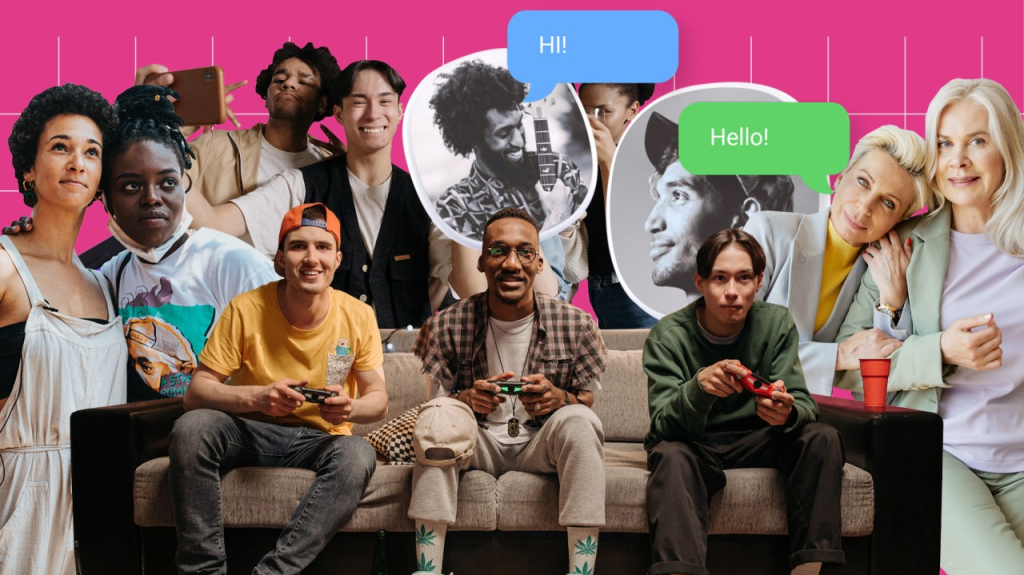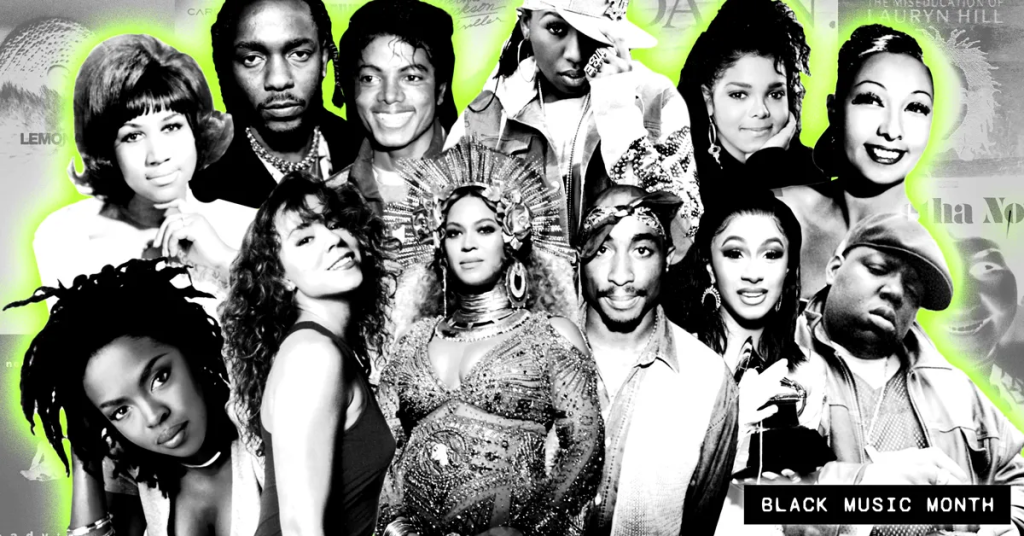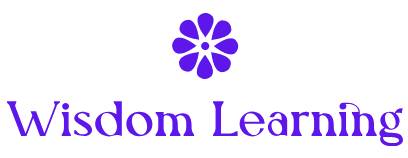Table of Contents
Pop culture, or popular culture, is a powerful force that shapes and reflects the values, attitudes, and behaviors of society. It encompasses a wide range of cultural phenomena, including music, film, fashion, television, and social media trends. Pop culture’s influence is pervasive, affecting how people think, communicate, and interact with one another. This article explores the impact of pop culture on society, examining its role in shaping identities, driving trends, and influencing social change.
Defining Pop Culture
1. What is Pop Culture?
Pop culture refers to the collection of ideas, practices, and objects that are prevalent in mainstream society at any given time. It includes popular music, movies, TV shows, fashion, sports, and internet trends. Pop culture is often driven by mass media and entertainment industries, which disseminate content to a broad audience through various platforms.
1.1. Historical Context
Pop culture has evolved significantly over time. In the early 20th century, radio and cinema played central roles in shaping popular culture. The mid-20th century saw the rise of television and rock ‘n’ roll, further influencing societal norms and values. Today, digital media and social networks are major drivers of pop culture, facilitating rapid dissemination and exchange of ideas.
Pop Culture and Identity
2. Shaping Personal and Group Identities
2.1. Individual Identity
Pop culture has a profound impact on individual identity formation. People often identify with celebrities, characters, and trends that resonate with their personal experiences and aspirations. Music genres, fashion styles, and entertainment preferences can become markers of personal identity, helping individuals express themselves and connect with like-minded others.
2.2. Group Identity
Pop culture also plays a role in shaping group identities. Subcultures and fan communities often form around shared interests in specific aspects of pop culture. For example, fans of a particular music genre or film franchise may develop a sense of belonging and identity based on their shared passion. Pop culture can foster social connections and create a sense of community among people with similar tastes and interests.

Pop Culture as a Reflection of Society
3. Mirroring Social Trends and Issues
3.1. Social Commentary
Pop culture often reflects and comments on societal issues and trends. Films, television shows, and music can address topics such as race, gender, and political issues, providing a platform for social commentary and discussion. For instance, television dramas and films have tackled themes of social justice, LGBTQ+ rights, and mental health, influencing public perceptions and sparking conversations.
3.2. Trend Reflection
Pop culture trends can mirror broader societal changes. Fashion trends, for example, may reflect shifts in societal attitudes towards body image, gender roles, and environmental sustainability. Similarly, popular media content can highlight emerging social issues and adapt to changing cultural norms.
The Role of Media and Technology
4. Media Influence
4.1. Mass Media
Mass media, including television, radio, and print publications, has historically been a significant driver of pop culture. Media outlets shape public perceptions and promote cultural products, influencing societal tastes and preferences. The reach of mass media enables pop culture phenomena to gain widespread recognition and impact.
4.2. Digital Media
The advent of digital media and social networks has transformed the landscape of pop culture. Platforms like Instagram, TikTok, and YouTube enable the rapid spread of trends and ideas. Social media influencers and content creators have become key players in shaping pop culture, often driving trends and initiating viral phenomena.
Pop Culture and Social Change
5. Driving Social Movements
5.1. Activism and Advocacy
Pop culture can serve as a catalyst for social change by raising awareness and advocating for various causes. Celebrities, musicians, and filmmakers often use their platforms to support social movements and highlight important issues. For example, the #MeToo movement gained traction through social media and popular culture, bringing attention to issues of sexual harassment and gender inequality.
5.2. Normalizing Change
Pop culture can also contribute to the normalization of social change. Media representations of diverse identities and experiences can challenge stereotypes and promote inclusivity. By depicting a range of perspectives and experiences, pop culture can help shift societal attitudes and foster greater acceptance and understanding.

Commercialization and Consumerism
6. Economic Impact
6.1. Commercial Influence
Pop culture has a significant economic impact, influencing consumer behavior and driving sales across various industries. Brands often leverage pop culture references and endorsements to connect with audiences and enhance their marketing efforts. The commercialization of pop culture can lead to the creation of iconic products, trends, and merchandise.

6.2. Consumer Trends
Consumer trends are closely tied to pop culture. Fashion, technology, and entertainment products often reflect current pop culture trends, shaping consumer preferences and purchasing decisions. Companies and brands continuously adapt to evolving pop culture trends to remain relevant and appealing to their target audiences.
Conclusion
Pop culture wields considerable influence over society, shaping individual and group identities, reflecting social trends, and driving social change. From its historical roots to its current digital manifestations, pop culture continues to evolve and impact various aspects of life. As a mirror of societal values and a driver of trends, pop culture plays a crucial role in defining contemporary culture and influencing how people think, behave, and interact. Understanding the impact of pop culture provides valuable insights into the dynamics of modern society and the forces that shape our collective experiences.


